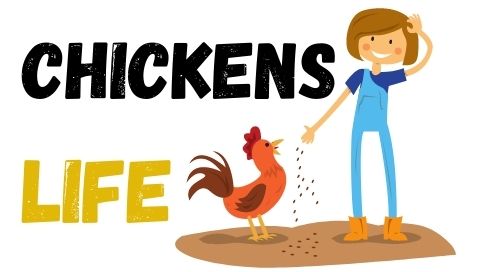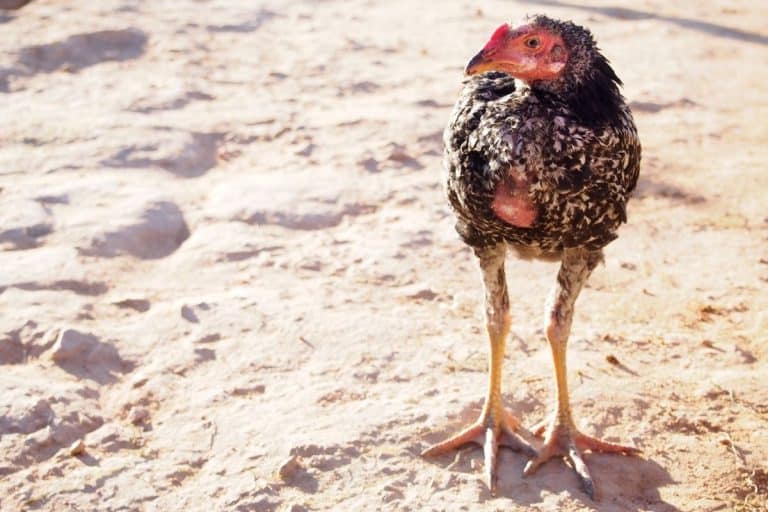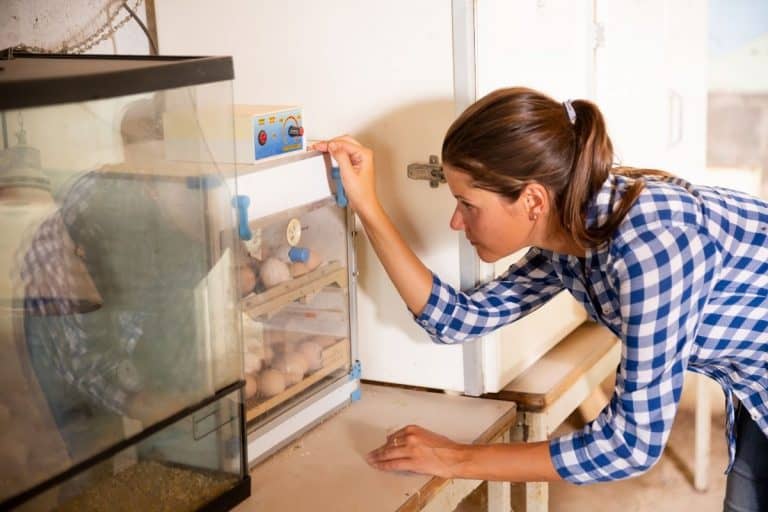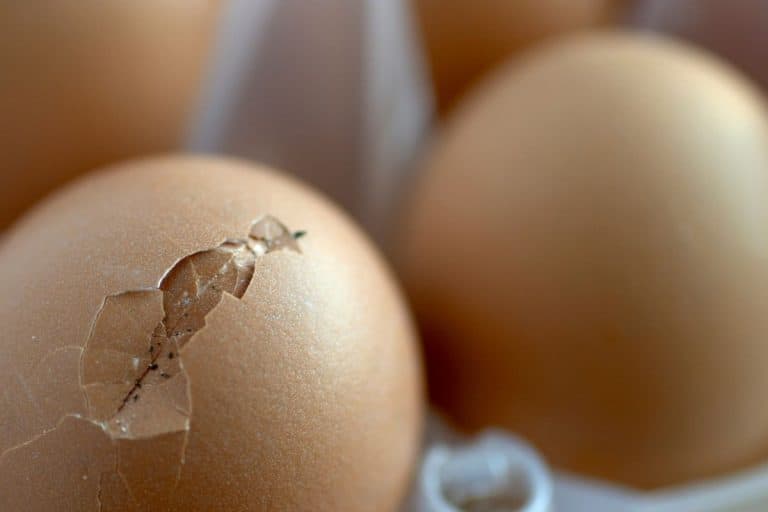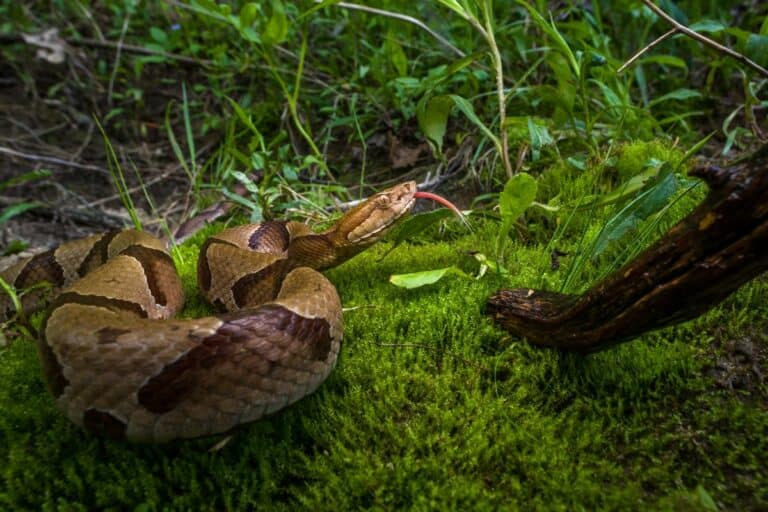Why Is My Baby Chick Losing Feathers? (11 reasons)
Even though baby chicks are among the cutest creatures you will ever encounter, they are also one of the most sensitive. They are vulnerable to a variety of different health conditions one of which is feather loss.
Overall, baby chicks lose their feathers because of imbalanced nutrition, illnesses, and poor management, but there may be other causes. Chicks have a weak immune system which is why any kind of stress can affect their general well-being.
If you are a poultry owner and want to know why your baby chicks are losing feathers, you’ve come to the right place. Read on to learn the 11 reasons why chicks lose their feathers, along with tips on how to prevent each one, from our veterinarian.
But before you dive into this topic, did you know I've got a page packed with my go-to chicken stuff? From the best feed to handy tools, it's all there. Don't you want the best for your flock? Check it out right here.
11 Reasons Why Baby Chicks Are Losing Their Feathers
There are several reasons why baby chicks lose their feathers and fortunately, all of these can be controlled and avoided with proper care. These reasons are listed below:
1. Poor nutrition

Nutrition has a direct impact on feather quality and growth in young chicks. If the diet of your chicks is not being offered at the right time or if it is lacking essential nutrients, your chicks will start to lose their feathers without any sign or symptom of a disease.
Additionally, you should consider how much feed the chicks need because if you provide them less than they require, their feathers won’t grow healthy. If you have multiple chicks, the majority of them will be affected if the feather loss is caused by inadequate nutrition.
Vitamin E deficiency
Vitamin is a crucial vitamin that is included in the diet of chicks. This nutrient not only keeps their feathers from falling out but also strengthens their immune systems, making them more resistant to diseases. Make sure there is enough vitamin E in your chick feed.
Selenium deficiency
Selenium plays a critical role in the development and maintenance of feathers in chicks, much like it does for human hair, and prevents feather loss. It also boosts the effects of vitamin E in the chick’s body.
Low protein
If your chicks’ feed is lacking in protein, they will undoubtedly experience feather loss. The majority of poultry owners feed the adult poultry ration to chicks, which is completely wrong because it contains less protein than they need hence contributing to feather loss.
Moldy feed
Old and moldy chick feed will have a terrible impact on the quality and growth of the feathers. Toxins found in the moldy feed disturb the body of a chick, which stunts the growth of its feathers and causes them to fall out.
Prevention:
Chicks should be fed chick starter rations or other feeds that are specially made for chicks since they contain the right mix of nutrients to prevent feather loss.
2. External Parasites
Ectoparasites could be a reason why young chicks lose their feathers. These parasites debilitate the chicks by sucking their blood and transmitting dangerous diseases, in addition to causing them stress and discomfort.
If ectoparasites are suspected, it is crucial to carefully inspect the skin and feathers of the chick even though some of them may not be visible due to their small size. External parasites affect the majority of the chicks that are kept in the same area.
Mites
In addition to making chicks weak, these blood-sucking parasites also lead to anxiety, which makes them more vulnerable to illness. There is a chance that chicks will lose their feathers as a result of scratching and discomfort due to these parasites.
Lice
When it comes to external parasites, lice are primarily responsible for the loss of feathers in chicks because they feed on their feathers and dead skin and attach to the base of the feather. They usually affect the feather follicles and promote feather loss.
Prevention:
Cleaning their housing on a regular basis is the best way to protect chicks from these external parasites. Before bringing the chicks into the area, properly fumigate and disinfect their housing. I will also recommend using antiparasitic drugs to get rid of these creatures if your chicks are already affected by them.
3. Diseases
Diseases can either directly or indirectly contribute to feather loss in chicks. Some diseases weaken the immune system of chicks and put them under so much stress that they stop preening their feathers, which causes their feathers to become ruffled and they begin to fall off. Other diseases directly affect the skin and feather follicles hence leading to feather loss.
Merck’s disease (Cutaneous form)
Merck’s disease is a highly lethal disease that affects chicks and it can occur in different forms. However, the cutaneous form of this disease affects the feather follicle and causes inflammation. As a result, they deteriorate and begin to fall off.
Dermatitis
There are several different types of dermatitis in chicks, and some of them may make the birds lose their feathers. Dermatitis, which is essentially skin inflammation, is typically brought on by bacterial infections.
Prevention:
Most of these diseases can be prevented with proper vaccinations and good hygienic measures. Bacterial dermatitis can be treated with the help of antibiotics.
4. Temperature fluctuations and inappropriate ventilation
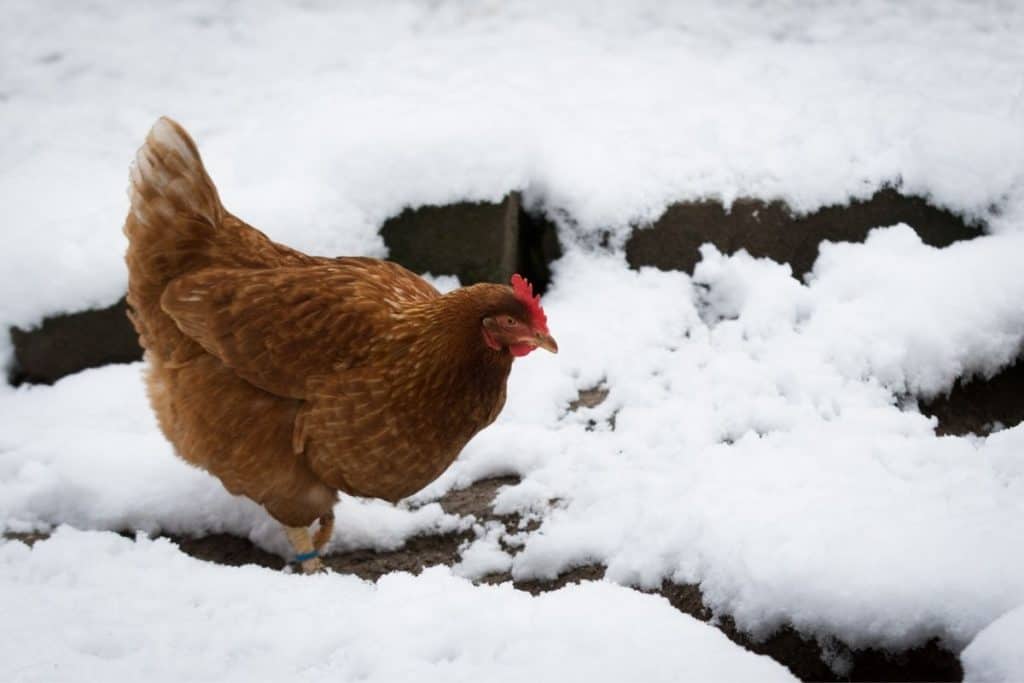
If the chicks are properly vaccinated and there are no signs of disease, brooder temperature may be the reason why chicks are losing their feathers. Overheating and chilling can both result in feather loss in chicks.
Proper ventilation should also be maintained to keep ammonia levels in the normal range otherwise the chick will become stressed and may stop eating, resulting in loss of feathers.
Prevention:
Provide your chicks with an even temperature and leave some cool spots around the brooder so the chicks can rotate between these spots according to their desire. Make sure that there are adequate vents to promote ventilation.
5. Overcrowding
If you have limited space and the ratio of chicks is higher then there will be a high probability of feather loss in chicks. Overcrowding creates competition for food and many chicks will not be able to receive the desired nutrition and will start to lose their feathers.
The feathers of a baby chick are very delicate and during the overcrowding scenarios, chicks rub against each other or climb n the backs of each other this will cause the feathers to pluck out, and hence they will lose their feathers.
Prevention:
To prevent overcrowding you should provide about 6 to 7 square inches of space to each chick. Make sure they have enough space to move around and have easy access to food.
6. Feather pecking
In general, chickens exhibit this behavior frequently, and chicks are not exempt from it. Because of this, most of the feathers around the neck and tail will be lost. Limited space, food competition, and vitamin deficiencies all contribute to it.
Another reason for its occurrence is when poultry owners keep chicks of different ages together keep in the same place. Due to this the adult chicks will peck the feathers of young chicks and will not allow them to eat or drink properly.
Prevention:
The best solution to this problem is to keep the chicks with age differences apart. Overcrowding should be avoided and only chicks of the same age should be kept together.
7. An abrupt change in the diet
It is not advised to abruptly alter a chick’s diet. Because the sudden change in the nutrients can have a stressful effect on the body of a chick and it may start to lose feathers.
Prevention:
I’ll suggest that you gradually change the diet of your chicks, ideally over the course of one to two weeks to give them time to adapt.
8. Juvenile molting

Little is known about this fact however it can be a reason for the loss of the soft downy feathers that chicks have. It mostly occurs between the 6 to 8 days of their life. It happens so that they can start to grow proper feathers on their body.
Prevention:
There is no prevention for this because it is a phase of their normal growth.
9. Inappropriate lighting
Many chicken owners turn off the lights at night for their chicks, but this is a completely wrong strategy because baby chickens need light for almost 24 hours during their first three days of life so they can eat and drink properly.
The health of chicks may suffer from improper lighting schedules, which will also encourage feather loss.
Related article: Are Chickens Scared Of The Dark? (+ what to do about it)
Prevention:
For the first few days, it is best to give them light for 24 hours, although you can give them a dark period that lasts no longer than 2 hours. The length of the dark period lengthens as their age increases.
10. Poor management
Wet litter, improper handling, skipping vaccinations, and irregular cleaning of the chicks’ shelter or brooder are all regarded as aspects of poor management. When all of these factors are present, a chick’s growth and health will suffer, and the likelihood of feather loss will rise. When all of these factors are present, a chick’s growth and health will suffer, and the likelihood of feather loss will rise.
Prevention:
Make sure you are familiar with the fundamentals of managing chicks. Maintain an ideal level of humidity in the litter, clean their surroundings thoroughly, and vaccinate the chicks at the proper age.
11. Fright
Anything that scares a chick, such as predators, loud noises, and other things, increases stress in its body and causes its feathers to ruffle. If the source of fear is not eliminated, the feathers will start to fall out because the chick will not be able to properly care for them due to constant stress.
Prevention:
Build a fence around the coop to keep predators away from your chicks. You should also try to reduce noise by soundproofing the brooder or coop.

